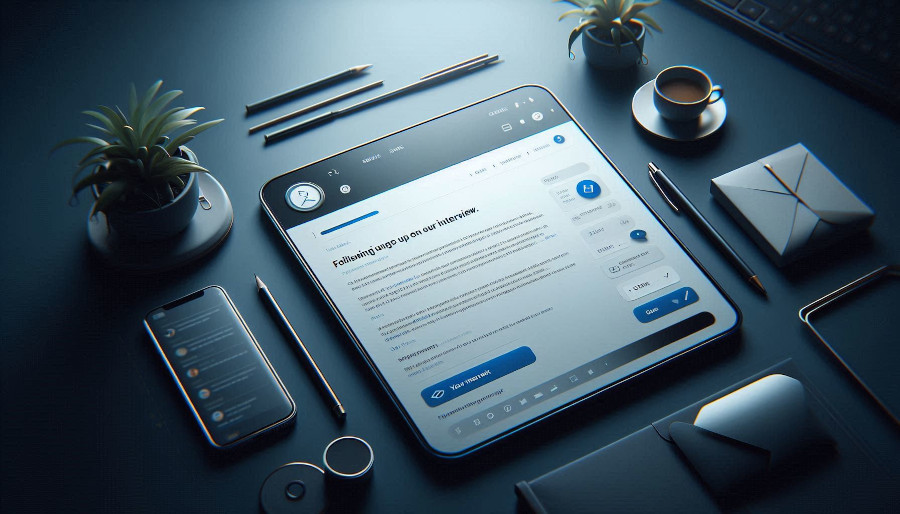The Ultimate Guide to Acing Your Job Interview in 2025
-
 Mark Dewan
Mark Dewan - 28 Oct, 2025

A job interview is your single most important opportunity to showcase your skills, experience, and personality. To help you ace your next interview, we’ve refreshed and updated our comprehensive guide with the latest strategies and tips for 2025.
For a complete overview of the job hunting process, see our post on mastering the art of job hunting.
1. Pre-Interview Preparation: The Foundation of Success
Solid preparation is what separates a good candidate from a great one.
Research is Key
- The Company: Go beyond the homepage. Understand their mission, values, recent news, and key players.
- The Role: Dissect the job description. Know the required skills and responsibilities inside and out.
- The Industry: Be aware of current trends and challenges affecting the industry.
Practice Common Questions
- “Tell Me About Yourself”: Craft a compelling 90-second pitch that connects your experience to the role.
- “Why This Position?”: Provide a genuine, well-researched answer that aligns your passion with their needs.
- “What Are Your Strengths and Weaknesses?”: Be honest. Frame your weaknesses in terms of growth and learning.
Prepare Your Own Questions
Asking thoughtful questions shows genuine interest. Consider asking about:
- Company culture and team dynamics.
- The biggest challenges and opportunities for the role.
- What success looks like in the first 90 days.
2. Acing the Virtual Interview
In 2025, virtual interviews are the norm. Make sure you’re prepared.
- Test Your Tech: Check your camera, microphone, and internet connection beforehand.
- Set the Scene: Choose a quiet, well-lit space with a professional, distraction-free background.
- Dress the Part: Dress professionally from head to toe to get into the right mindset.
For a more detailed guide, check out our new post: A Guide to Acing Your Virtual Interview.
3. Mastering Behavioral Questions with the STAR Method
Behavioral questions are designed to assess your past performance. The STAR method is your best tool for answering them.
- S - Situation: Briefly describe a specific situation or challenge.
- T - Task: Explain your role or the goal you needed to achieve.
- A - Action: Detail the specific actions you took.
- R - Result: Share the positive outcome and quantify it if possible.
Example: “Tell me about a time you had to handle a difficult customer.”
Situation: “A customer was upset because their shipment was delayed.” Task: “My goal was to understand their frustration, solve the problem, and retain them as a customer.” Action: “I listened to their concerns, apologized for the inconvenience, tracked down their package, and offered them a discount on their next purchase.” Result: “The customer was grateful for the prompt resolution and has since become a repeat buyer, increasing their average order value by 15%.“
4. During the Interview: Making a Great Impression
- Be Punctual: Arrive 10-15 minutes early for in-person interviews, or log on 5 minutes early for virtual ones.
- Body Language: Maintain eye contact, sit up straight, and use positive gestures.
- Be Authentic: Let your personality shine through. Companies hire people, not just resumes.
For a checklist to get you ready, don’t miss The Pre-Interview Ritual for Success.
5. Post-Interview Follow-Up
A thoughtful follow-up can set you apart.
- Send a Thank-You Note: Send a personalized thank-you email within 24 hours.
- Reiterate Your Interest: Briefly restate why you’re excited about the role.
Grab our template here: The Perfect Follow-Up Email Template.
Common Mistakes to Avoid
- Talking Too Much: Keep your answers concise and relevant.
- Badmouthing Previous Employers: Always remain professional and positive.
- Not Asking Questions: This can be interpreted as a lack of interest.
By following these tips, you’ll be well-prepared to impress in your next interview and land your dream job.

